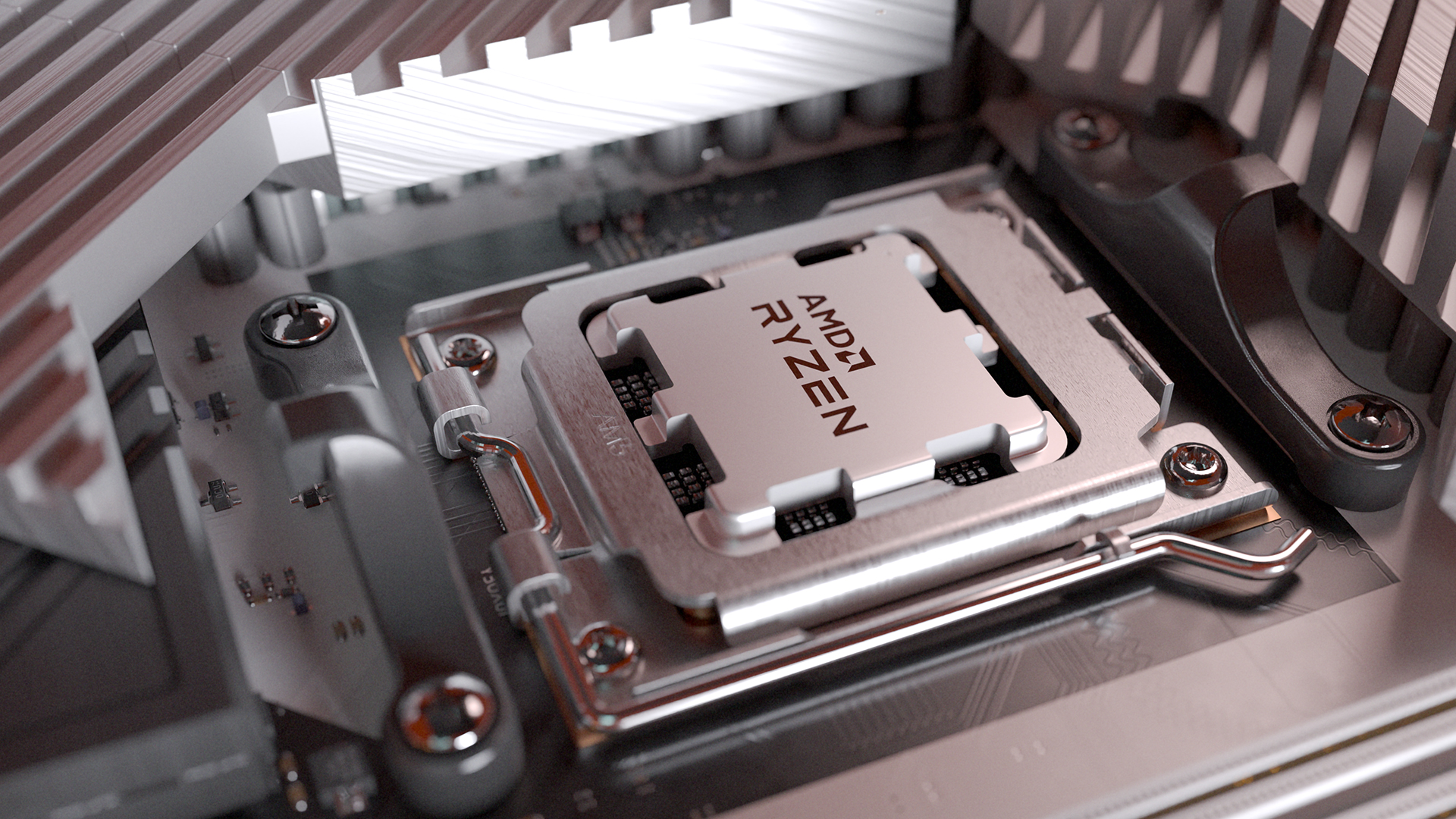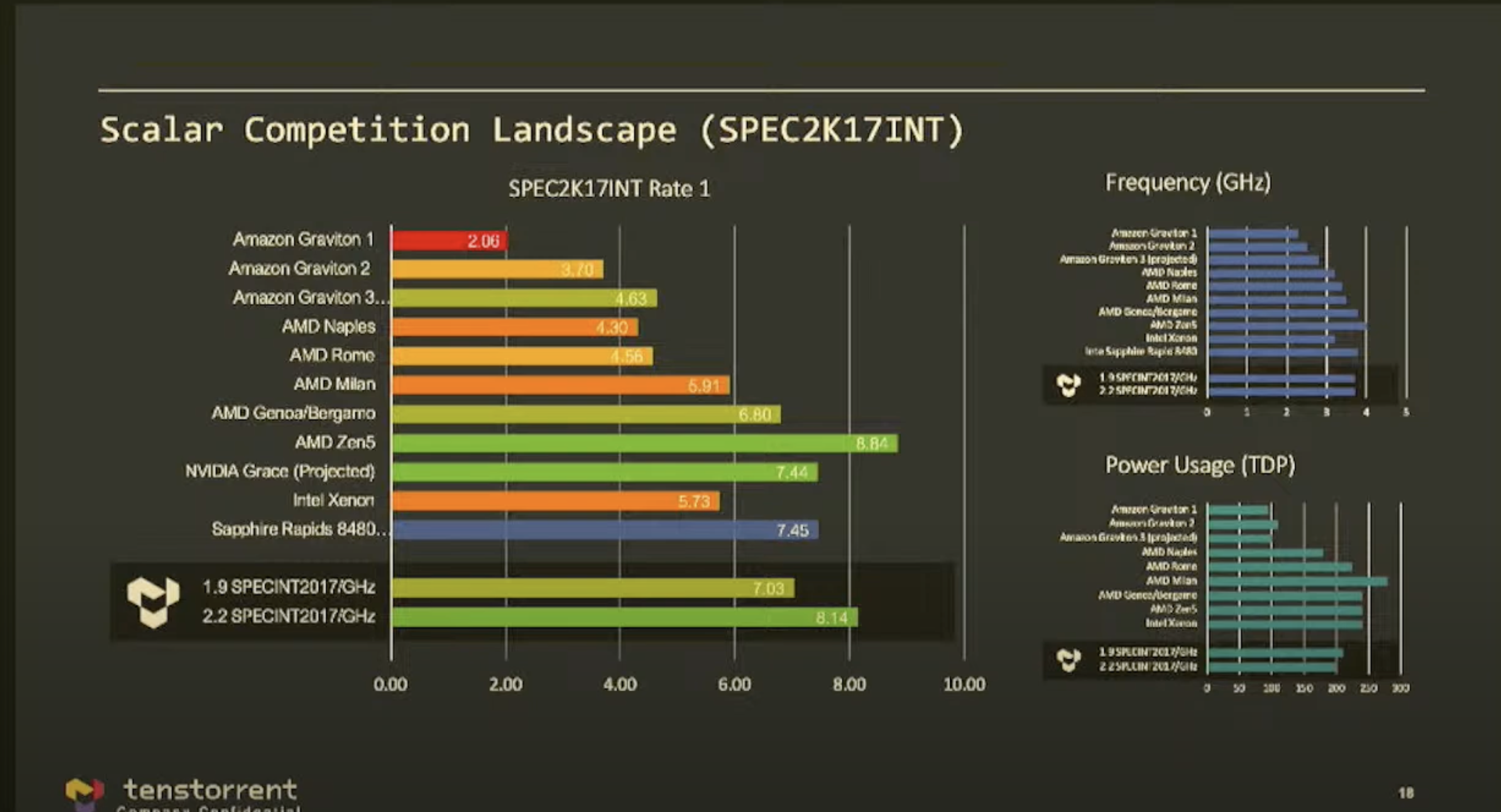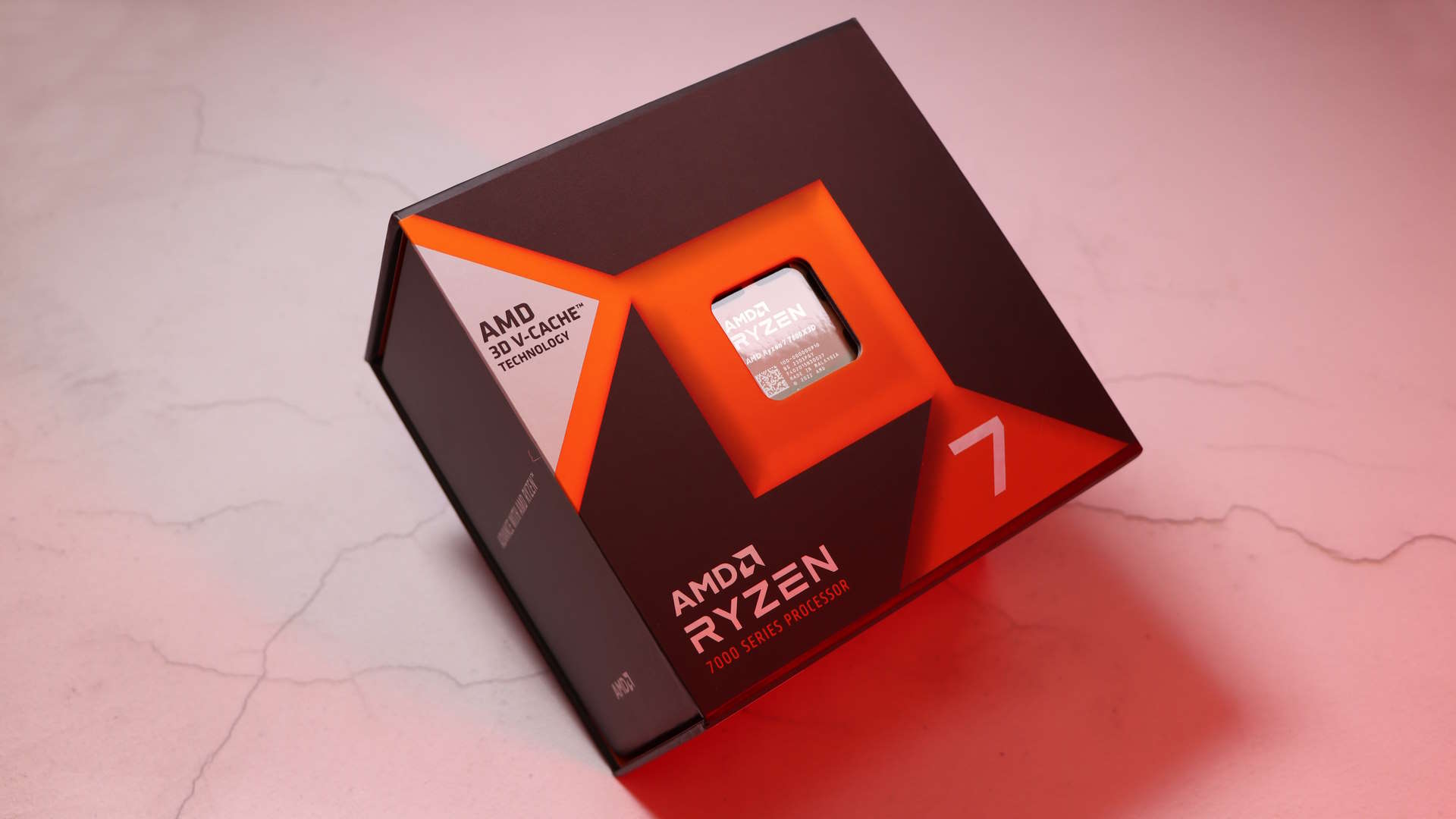
AMD's upcoming Zen 5 CPU is going to be a beast. So says the CEO of AI chip startup Tenstorrent, who showed off comparative performance numbers for most of the major CPU architectures yesterday including AMD's yet-to-be-released Zen 5 chip.
But here's the thing. The CEO of Tenstorrent is none other than Jim Keller, formerly of AMD and the man that headed up the development of Zen itself. Short of official numbers from AMD, in other words, this is about a good as third-party data gets. It's not your usual dodgy YouTube channel 'leak'.
Keller was doing the keynote for a Tenstorrent talk for university students in India covering the company's latest RISC-V chips for AI models and the future of computing. Remarkably, Keller pulled up a slide with detailed performance numbers for a range of data center CPUs, including all existing generations of Zen, Intel's latest Sapphire Rapids chip, Amazon's in-house CPUs, Nvidia upcoming Grace chip and... Zen 5.
It's worth noting right away that AMD's server and datacentre Zen-based chips are very closely related to its CPUs for desktop PCs. Thus far, the chiplets with the actual CPU cores have been shared across both platforms.
In other words, Zen 5 in this context is directly relevant to the Zen 5 processors that will hit our gaming PCs when AMD rolls out its next new generation of Ryzen 9000 chips, probably next year.
So, exactly how fast is Zen 5 according to Keller and Tenstorrent? Sadly, we're not talking in-game frame rates, but rather SPEC CPU 2017 INT Rate performance, which is an industry standard metric for enterprise-class CPUs and measures single-threaded integer rather than floating point performance.

According the the Tenstorrent numbers, Zen 5 is fully 30% faster than Zen 4. Handily, Keller also provides relative operating frequencies. Zen 5 is shown as clocking slightly higher than Zen 4. Adjusted for clockspeeds, Zen 5 is delivering around 23% more performance per clock, otherwise known as IPC.
Looking at the previous AMD Zen architectures in the chart, the numbers very much align with how AMD's Ryzen CPUs scaled with each generation, including gaming performance. Zen 1 to Zen 2 was very little progress, followed by a big leap to Zen 3. Zen 4, in turn, was only a minor improvement over Zen 3. And then, boom, another big jump for Zen 5.
These numbers very much imply a big step for AMD's next gaming CPUs. Given how impressive the latest AMD Ryzen 7800X3D is for gaming, that is really saying something.
If there is a caveat to all this it's that it's not clear on what basis Keller and Tenstorrent are quoting these numbers. AMD's Zen 5 and Nvidia's Grace aside, all the processors listed are already available.

The chart describes the performance for Nvidia's unreleased Grace CPU as 'projected' but doesn't apply the same caveat to Zen 5. Almost certainly, AMD already has Zen 5 chips up and running, there may even be samples circulating in the industry. But any performance numbers would be fiercely guarded by NDA and other legal lockdowns.
Of course, if anyone outside AMD is qualified to guestimate Zen 5's performance, it's Keller. He was lead architect for AMD's K8 chip, otherwise known as the smash hit Athlon 64.

Best CPU for gaming: The top chips from Intel and AMD
Best gaming motherboard: The right boards
Best graphics card: Your perfect pixel-pusher awaits
Best SSD for gaming: Get into the game ahead of the rest
He later moved to Apple and was instrumental in creating new CPU core designs for iPhones that dominate the smartphone industry to this day and more recently have proven extremely effective when applied to Apple's Mac computers in the form of the M1 and M2 families of CPUs.
Back in 2012, Keller returned to AMD and oversaw the development of the original Zen architecture. It's not totally clear how many generations of Zen chips were conceived under his leadership, but it would be a surprise if he didn't at least have a pretty good idea of what to expect from Zen 5.
After his Zen stint at AMD, he joined Tesla briefly to help the EV company develop in-house self-driving chips and then went on to Intel in 2018. How much of Intel's recent resurgence with its Alder Lake and Raptor Lake is hard to say. But there's no doubting Keller is one of if not actually the leading figure in CPU design in the last 20 years.
All of which means if he thinks Zen 5 is going to be a big step forward, well, you'd better believe it.







